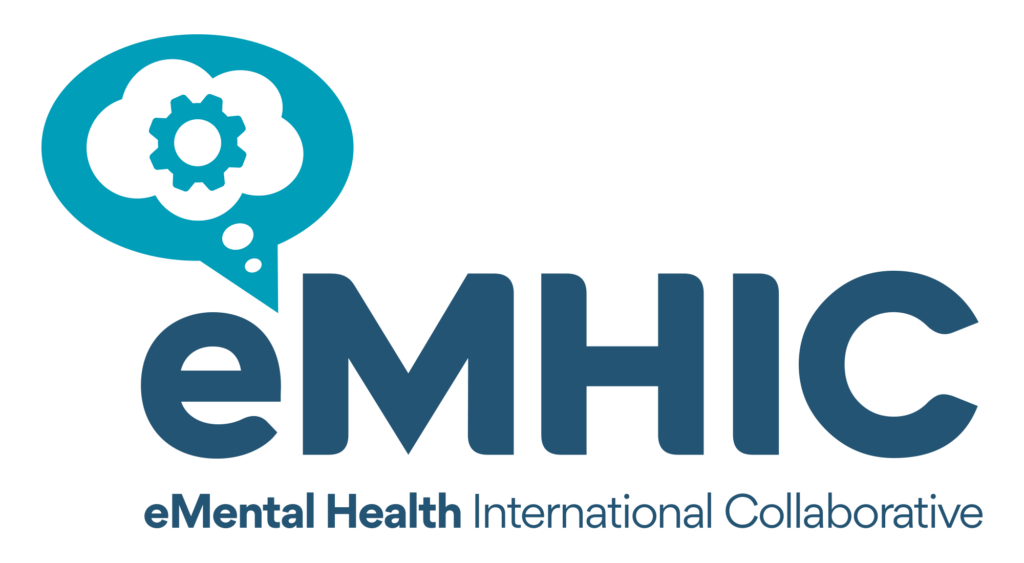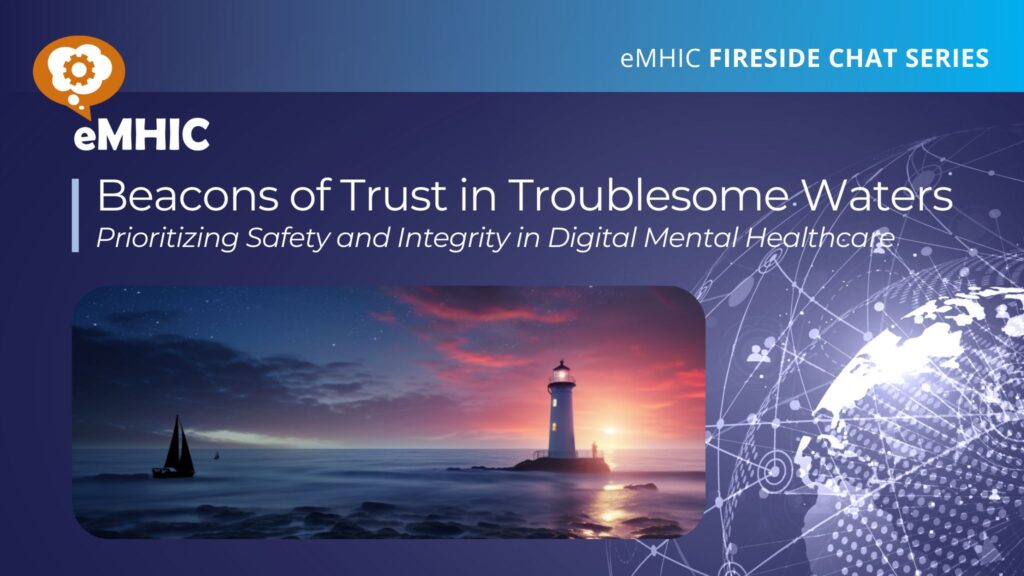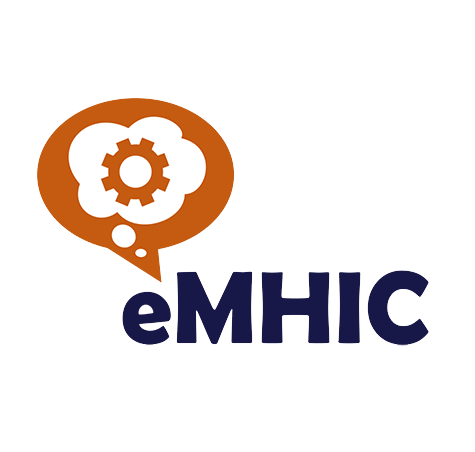In an increasingly digital world, trusted digital mental health tools offer a beacon of hope for mental health support, providing people with access to resources and personalized interventions. This is especially crucial in low-to-middle-income countries and marginalized communities. However, ensuring the safety and integrity of these tools is vital to protect users and promote positive mental health outcomes.
Safety is about protecting the well-being of digital mental health tool/service users while minimizing harm. It involves ensuring that these tools or platforms do not cause physical or psychological harm and mitigating potential risks associated with their use. Integrity is just as crucial, as it ensures that digital tools maintain their reliability and accuracy, and uphold ethical standards such as respecting user autonomy, privacy, and informed consent.
In this webinar, experts from Singapore, Australia, India, and New Zealand discuss how to ensure digital mental health tools can inspire user trust, promote positive mental health outcomes, and prevent adverse effects.
Key discussion points
- What are the most important ethical principles that should be considered when designing, developing and implementing e-mental health tools?
- What specific professional responsibilities should healthcare professionals receive training on before recommending digital tools to their clients?
- How should risk management protocols be embedded within digital tools and the healthcare systems or other initiatives through which they are recommended?
- How far have we come in terms of regulating digital mental health tools around the world?
- We know that there will be ongoing turbulence with the proliferation of digital tools, but what are the next steps we can take to navigate towards safer shores?
Expert International Speakers:
- New Zealand: Richman Wee, eMHIC MC
Singapore: Professor Gerald Koh, Head and Clinical Director of the Future Primary Care programme in MOH Office of Healthcare Transformation (MOHT), Singapore
- Australia: Dr Piers Gooding, Australian Research Council DECRA Fellow at the University of Melbourne, Australia
- India: Dr Smriti Joshi, Chief Psychologist – International at Wysa




